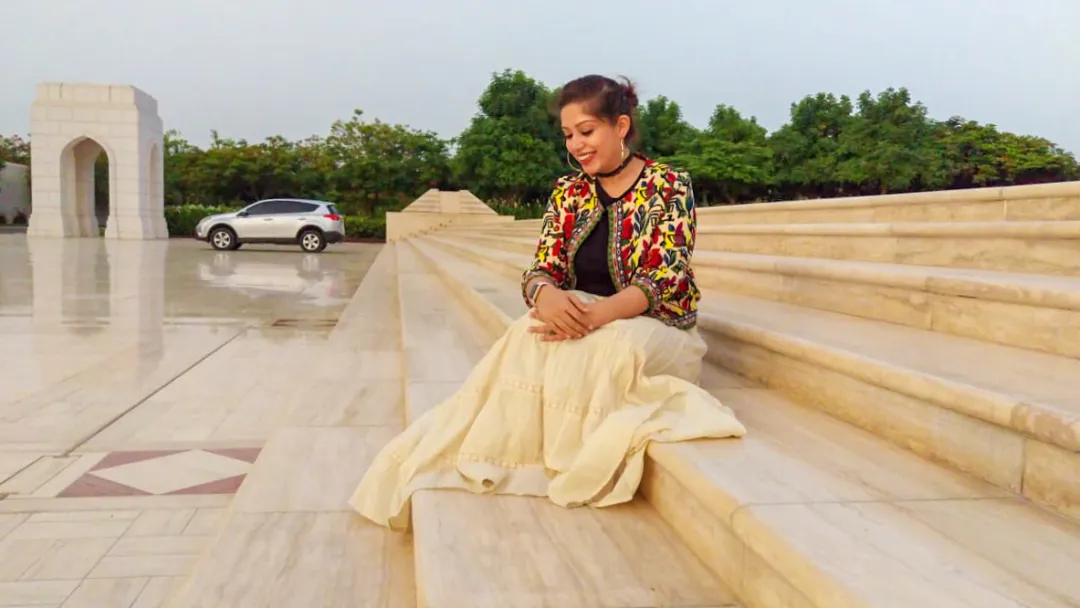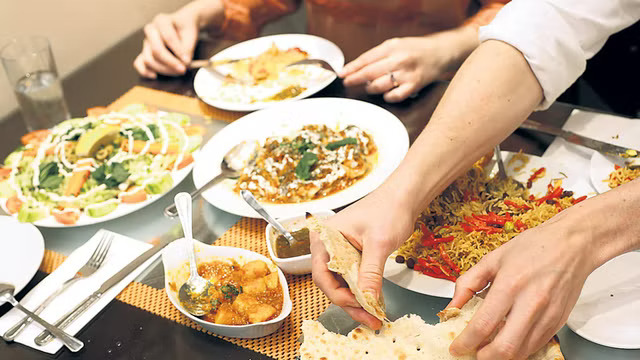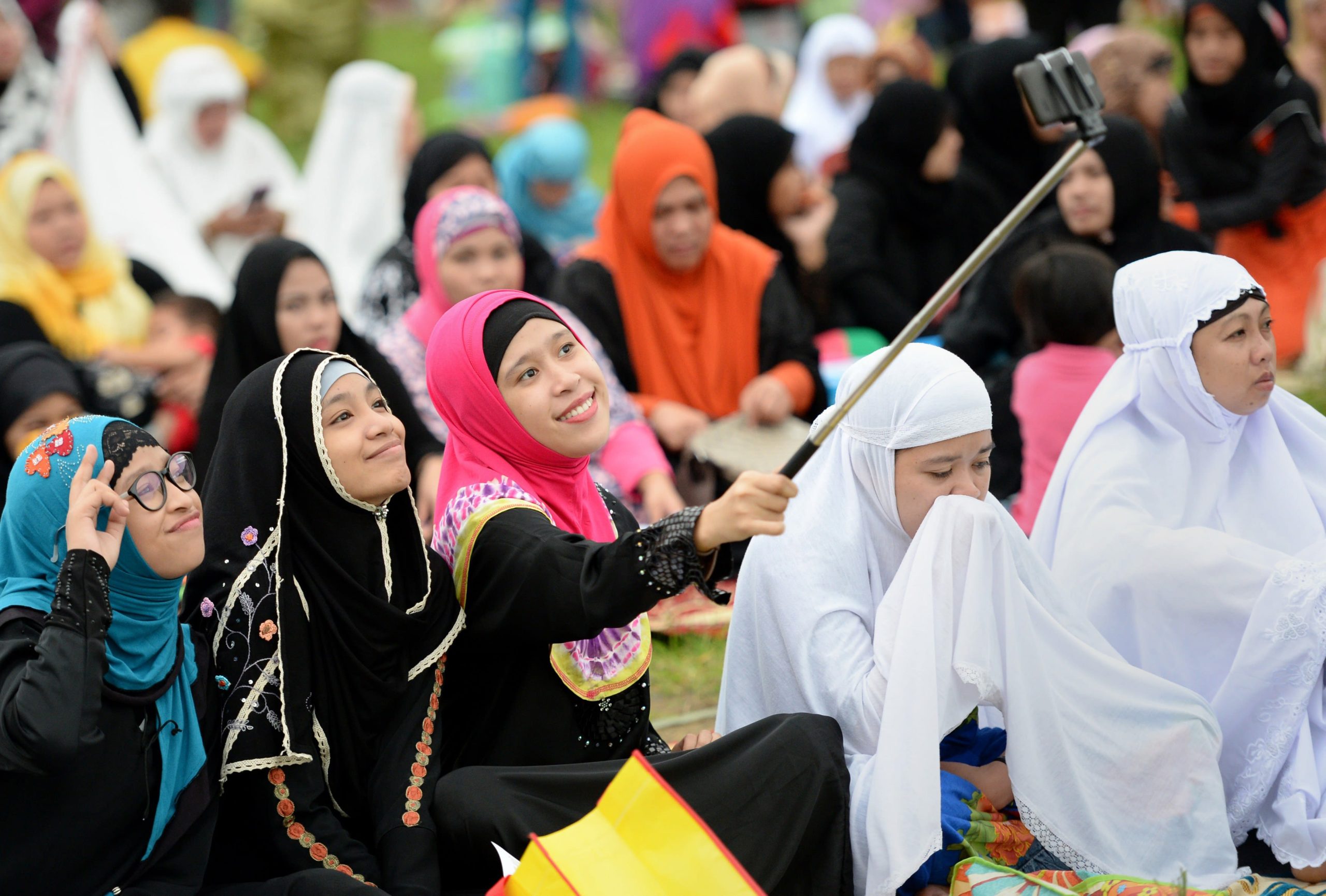Cultures and customs in the Middle East are numerous and varied. If you want to avoid any awkwardness or embarrassment during your travels, familiarising yourself with the local traditions and etiquette is a must. This article will delve into Middle Eastern culture and customs and offer advice to foreign visitors.
Greetings and Communication

Greetings are an integral component of daily life in the Middle East. Greetings should be given to anyone you come into contact with, even complete acquaintances. “Peace be upon you” (As-salamu alaykum) is the most commonly used salutation. Wa alaykum as-salam, which translates to “and upon you be peace,” is the proper answer. Some conservative Muslim women may choose not to shake hands with males, but this is not the norm.
It’s best to treat locals with dignity and avoid discussing sensitive issues like faith and politics when interacting with them. Furthermore, it is highly recommended that you refrain from making any public physical contact with individuals of the opposite sex.
Dress Code

Many countries in the Middle East have a strict dress code, particularly for women. Wearing clothes that conceal your shoulders, arms, and legs is recommended. In some nations, it is also the law that women must hide their faces and hair. Also, gentlemen, please dress conservatively by donning long trousers and sleeved shirts.
Certain nations have strict regulations regarding appropriate attire for visiting religious sites. Women must cover their hair with an abaya, a long black cloak, and dress long trousers and long-sleeved shirts.
Eating and Drinking

Visitors to the Middle East are often treated to a traditional meal and a warm welcome because of the central role food plays in the region’s society. Use your right hand when dining with locals, as the left is seen as impure. It is also common practise to use your fingers when eating, particularly when consuming staples like falafel and hummus.
Visitors should be aware that some Middle Eastern nations have strict prohibitions against alcoholic beverages, including Saudi Arabia and Iran. Alcohol is widely available in other nations, including Lebanon and Egypt, but should be consumed responsibly and in moderation.
Religious Customs

Visitors to the Middle East should be aware that Islam is the dominant religion in the region and behave accordingly. Visitors should not consume or drink in public places during the month of Ramadan, when Muslims fast from dawn until dusk. Visitors to mosques are also expected to remove their shoes before entering the building and to dress respectfully.
There should be no unnecessary noises or interruptions during the five daily prayer periods. Also, when praying, tourists should face Mecca, the holiest place in Islam.
Gift Giving

In Middle Eastern culture, gift giving is an important part of social interactions. When visiting someone’s home, it is customary to bring a small gift, such as sweets or flowers. It is also common to exchange gifts during religious holidays and special occasions.
When giving gifts, it is important to use your right hand and avoid giving gifts made of pigskin or alcohol, which are prohibited in Islam.
Conclusion
Knowing the local traditions and etiquette will make your trip to the Middle East much more enjoyable. Visitors can have a great time and make meaningful relationships with locals if they follow these guidelines and demonstrate sensitivity to the culture of the destination. Always take cues from natives and do as they do when travelling abroad.
